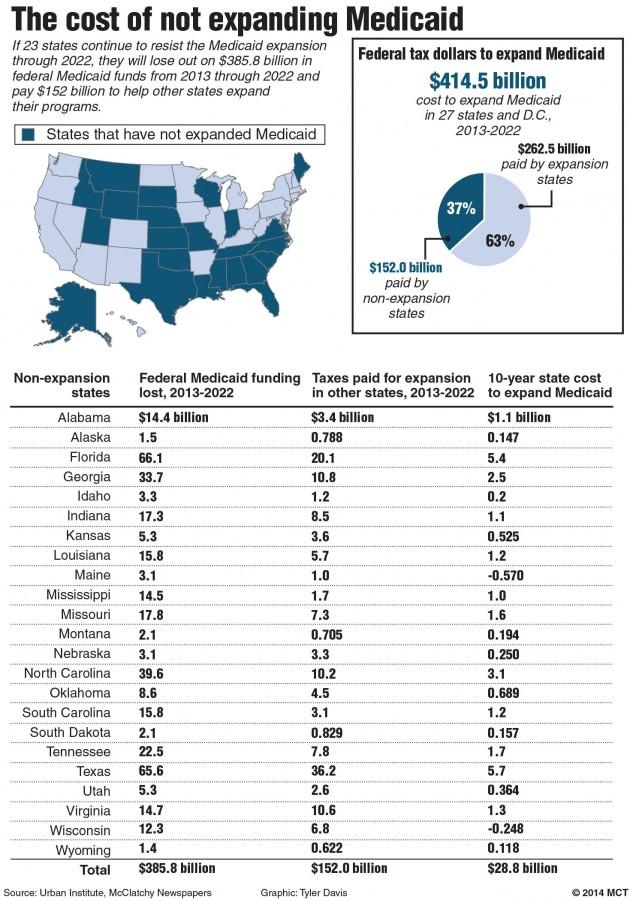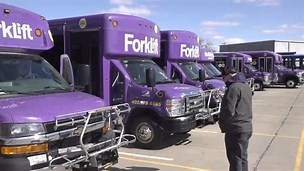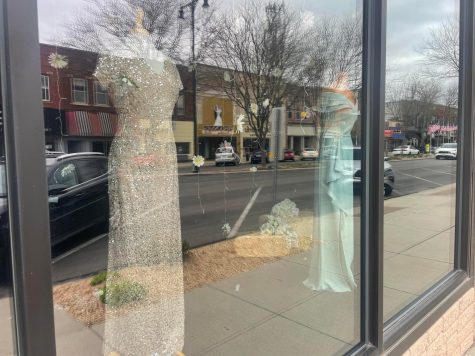States That Decline To Expand Medicaid Give Up Billions In Aid
September 4, 2014
By Tony Pugh
WASHINGTON — If the 23 states that have rejected expanding Medicaid under the 2010 health-care law continue to do so for the next eight years, they’ll pay $152 billion to extend the program in other states — while receiving nothing in return.
This exodus of federal tax dollars from 2013 through 2022 would pay 37 percent of the cost to expand Medicaid in the 27 remaining states and Washington, D.C., over that time.
Most of the money, nearly $88 billion, would come from taxpayers in just five nonexpansion states: Texas, Florida, North Carolina, Georgia and Virginia.
The findings are part of a McClatchy analysis of data from the Urban Institute, a nonpartisan research center that’s advised states on implementing the health-care law, the Affordable Care Act.
Non-expansion states would see direct benefits from their $152 billion only if they reversed course and expanded eligibility for Medicaid, the state and federal health program for low-income Americans. The health-care law provides financial incentives for states to extend Medicaid coverage to adults who earn up to 138 percent of the federal poverty level.
If the non-expansion states did so, they’d still have to pay the $152 billion. But the 23 states also would split nearly $386 billion in federal Medicaid funding from 2013 to 2022, according to Urban Institute estimates.
The money would cover all medical costs for newly eligible Medicaid enrollees from 2014 through 2016, and no less than 90 percent of their costs thereafter.
“Here is money that is pretty much there for the asking, and these states are turning it down. And in the meantime, their taxpayers are paying taxes that fund expansions in states that are moving forward. It just doesn’t make any sense,” said Sherry Glied, the dean of the Robert F. Wagner Graduate School of Public Service at New York University.
The federal funding under Medicaid expansion also would stimulate economic activity, boost tax revenue and create hundreds of thousands of jobs in the non-expansion states, experts say.
“This additional use of medical services not only brings more federal dollars, but hospitals, physicians and pharmacies would likely hire more people, keep longer hours and probably raise wages. All of which leads to indirect spending and subsequent rounds of spending that generate tax revenues and, in general, the expansion of the economy within states,” said Michael Morrisey, a health economics professor at the University of Alabama at Birmingham.
Expansion opponents doubt the federal government’s long-term ability to fund 90 percent of the cost for new enrollees. They also worry that their states can’t afford the increased Medicaid costs that come with expansion.
“We’re already struggling as a state, financially, to find the money to support our existing Medicaid system,” said Georgia Republican state Rep. Jason Shaw. “It’s really tough times for the state. It just wouldn’t be fair to the taxpayers if we just accepted the expansion.”
Some critics think the expansion encourages government dependency by providing free and low-cost health coverage for some while requiring those with higher incomes to pay full price. Those concerns have made expansion a tough sell in the holdout states, where Republican lawmakers want to curb enrollment growth in Medicaid no matter how sweet the financial incentives may be.
Last week, Pennsylvania became the ninth state with a Republican governor to accept the expansion. Like Arkansas and Iowa, Pennsylvania won approval from the Obama administration to bypass the Medicaid program and use the federal funding to help low-income residents buy private coverage instead.
Indiana and Utah, two other states with Republican governors, also are working with the Obama administration to enact their own versions of the Medicaid expansion. Many experts think that kind of federal flexibility will help Medicaid expansion work in most red states one day.
But in the run-up to the first midterm elections since the health law was fully implemented, expansion remains a hot-button issue. While polls show the Affordable Care Act remains largely unpopular, Democratic candidates in Republican-led states are campaigning for the expansion, citing the financial benefits.
In Georgia, Democratic gubernatorial candidate Jason Carter has made it a key issue in his race against Republican Gov. Nathan Deal.
“Every single day, our governor takes $9 million in our taxpayer money — our tax dollars that we pay to the federal government, $9 million a day — that he sends off to other states to give health care to those people, and denies it to 600,000 people in Georgia,” Carter, grandson of former President Jimmy Carter, said at a recent campaign stop in Savannah.
Parker Griffith, the Democratic gubernatorial candidate in Alabama, has chided Republican Gov. Robert Bentley for his refusal to expand Medicaid.
“We’re making a very big mistake in Alabama by not accepting and expanding Medicaid,” said Griffith, a retired radiation oncologist. “It just doesn’t make any sense, both economically and in the loss of human lives due to delayed diagnoses. For an investment of about $1 billion over 10 years, Alabama stands to return $14 billion” in federal Medicaid funding.
Bentley’s office and campaign staff didn’t respond to a request for comment.
Virginia forgoes $5.2 million in federal funding every day that state lawmakers don’t agree to expand Medicaid, Democratic Lt. Gov. Ralph Northam said. By his account, that’s well over a billion dollars already.
“That’s money we’ll never be able to get back,” Northam said.
Medicaid is a key element of the Affordable Care Act’s goal to provide near-universal coverage for millions of Americans. Since last October, more than 7.2 million people have gained Medicaid coverage, largely through the expansion.
In the 27 expansion states, single adults who earn up to $16,105 a year are eligible for Medicaid coverage, as are families of four that earn up to $32,913.
But pursuing expansion based on a state’s potential loss of funding “assumes federal funds come from nowhere,” said Drew Gonshorowski, a senior policy analyst at the Heritage Foundation, a conservative policy research group. “We have to think about this as redistribution rather than creation of new funds for the state.”
Since taxpayers nationwide fund each state’s Medicaid expansion, non-expansion states are serving the fiscal interests of the nation by helping to reduce federal spending, Gonshorowski said.
Expanding Medicaid coverage in the 23 remaining states would increase their state budget costs by $28.8 billion from 2013 through 2022, the Urban Institute reports. Expansion in Georgia, for instance, would hike its expenses by $2.5 billion over the 10 years, according to the institute.
“We simply cannot afford the $2.5 billion in new spending that expansion would require,” said Sasha Dlugolenski, a spokeswoman for Gov. Deal. “I think everyone can agree on one thing: The expansion costs money the state does not have.”
But experts say the increased revenue a state would see from expansion would more than make up for the state’s additional Medicaid spending.
Revenue gains for Alabama and Mississippi would exceed their expansion costs by $935 million and $848 million, respectively, according to a study co-authored by Morrisey, of the University of Alabama.
Those kinds of projections have led Republican state Rep. Steve Clouse, the chairman of the Alabama Legislature’s Ways and Means General Fund Committee, to support expanding Medicaid, even though he favors repealing and replacing the Affordable Care Act.
“We’ve got to deal with the hand we’ve been dealt by the feds,” Clouse said.
He wants Alabama to expand Medicaid with the stipulation that the state could pull out of the deal if the federal government ever pays less than 90 percent of the medical costs for newly eligible enrollees. Arizona has enacted a similar provision.
“That way, we don’t have our hands tied if we were to go in,” Clouse explained. “If the costs were spinning out of control, we could come out. There’s a lot of states that are just sort of tipping their toes in the water trying to figure this thing out.”
———
©2014 McClatchy Washington Bureau
Visit the McClatchy Washington Bureau at www.mcclatchydc.com
Distributed by MCT Information Services

















